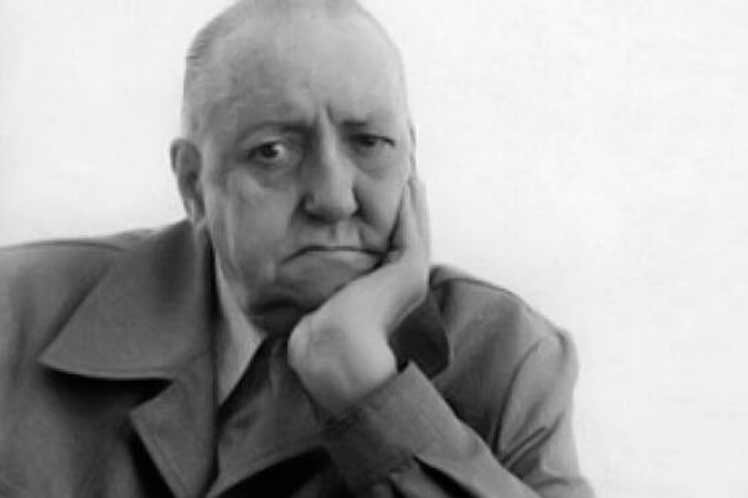The event was held a few months after the triumph of the Cuban Revolution at the initiative of novelist Alejo Carpentier, one of the greatest figures of continental literature and the Spanish language.
As writer Alex Pausides explained in a review, at that time the project stressed the importance that the new government gave to knowledge, reading, literary figures and books as an expression of knowledge and culture.
Under that premise, the path to be followed by Cuban literature, which up to that moment had not been completed with its ultimate addressee: the reader, Pausides assured.
As Carpentier’s disciples, other outstanding exponents of the genre took as their mission ‘to bring the book as a basic necessity to ordinary people, students, workers who create the material and symbolic wealth of the nation.’
The literacy campaign at the beginning of the revolutionary process, the Cuban fairs and events devoted to literature, the creation of an institute for the promotion and democratization of reading revalidated such commitment.
Cecilia Valdes, Jose Marti, Nicolas Guillen are among the names of novels, narrators, critics and poets that enhance the presence and legacy of Cuban literature in the world.
In memory of the date and validity of that event, emblematic texts that are part of the historic and cultural domestic memory are being sold in several Cuban cities.
jg/omr/mem/yrv










